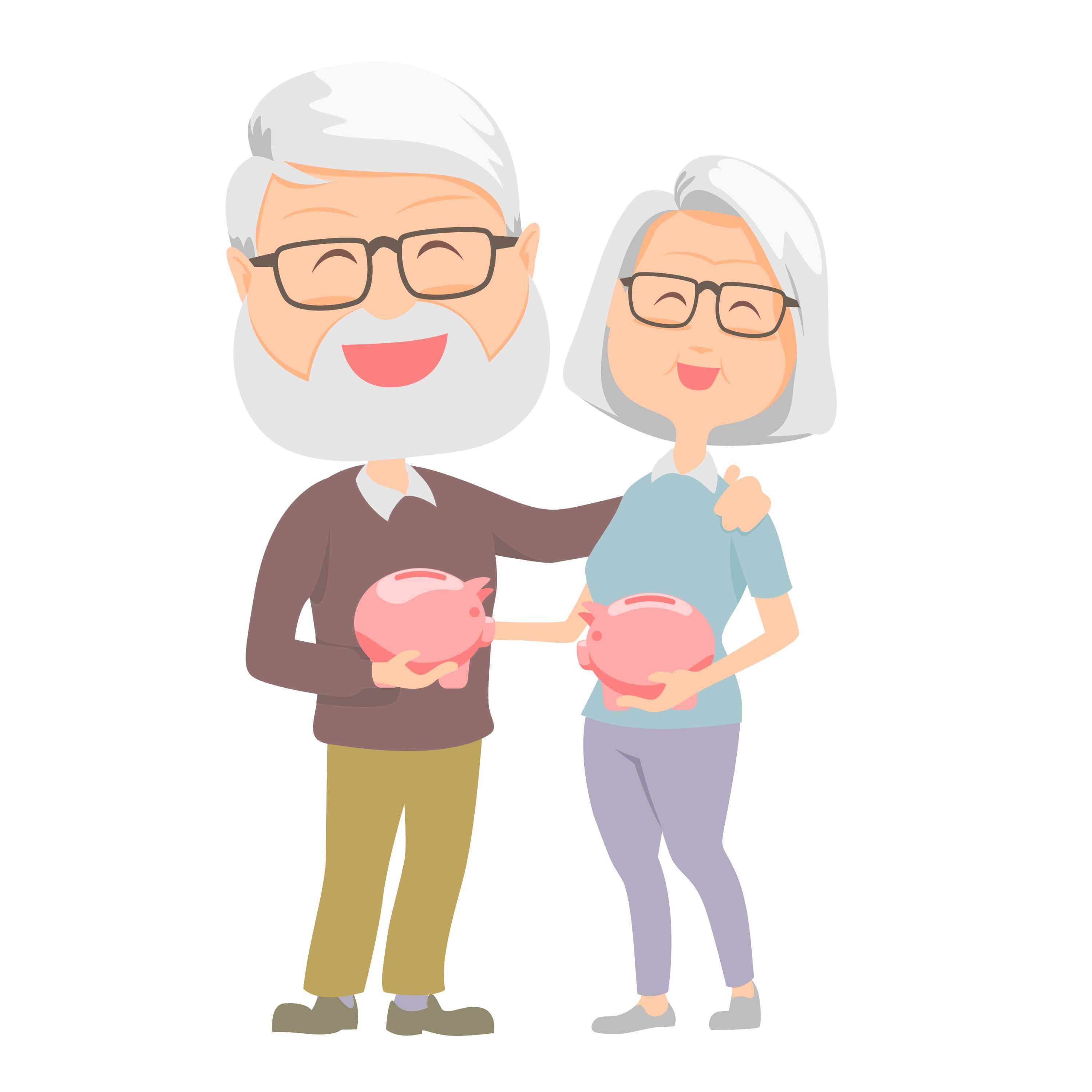15 Ways Feeling Like The Least Favorite Child Harmed You & How To Heal

Growing up feeling like the least favorite child isn’t something you just “get over” as an adult. It lingers, shaping the way you see yourself, your relationships, and the world around you. Maybe your parents didn’t outright say it, but you always sensed you were treated differently. You learned to shrink yourself, overcompensate, or seek love in all the wrong places just to feel like you mattered. The damage is real, but the good news? Healing is possible. You don’t have to live in the shadow of your childhood pain forever. Here are 15 ways feeling like the least favorite child has affected you—and how to start healing.
1. You Grew Up Feeling Unlovable, And It’s Stuck
When you spend your formative years believing you weren’t as loved or valued as your siblings, that belief cements itself into your identity. Even in adulthood, you might struggle to accept love, constantly questioning whether people truly care about you or if they’ll eventually abandon you. Deep down, you carry the fear that you’re inherently unworthy, so you push people away or settle for less than you deserve. The way you see yourself in relationships is a direct reflection of how you were treated as a child. According to Aspire Counseling, childhood emotional neglect often creates a persistent fear of abandonment in adulthood, leading to emotional barriers and difficulty trusting others.
Healing starts with recognizing that your worth isn’t defined by how your parents treated you. Just because you felt unloved doesn’t mean you actually were—your parents’ inability to express love properly is about them, not you. Rewriting this narrative takes work, but affirming your own value and surrounding yourself with people who uplift you is a step in the right direction. Therapy, journaling, and practicing self-love can help dismantle the belief that you are unworthy of love.
2. You Resented Your Siblings, And Now You’re Estranged
As a child, it was impossible not to notice how your sibling got the praise, affection, or privileges that you didn’t. Whether they meant to or not, resentment built, creating a wedge between you. Instead of bonding over shared experiences, you felt like rivals, competing for the scraps of attention left over. Now, as an adult, the relationship might be distant, strained, or completely nonexistent. Studies cited by WebMD reveal that perceived parental favoritism in childhood is a leading predictor of adult sibling estrangement, often rooted in unresolved rivalry or unequal treatment.
The first step to healing is acknowledging that your sibling wasn’t the cause of your pain—your parents were. They set the stage, playing favorites and creating a dynamic where resentment naturally grew. If you want to rebuild the relationship, honesty is key. A conversation about the past, even if difficult, can open the door to understanding. If reconnection isn’t an option, finding peace within yourself and letting go of bitterness can still be healing.
3. You Have A Tense Relationship With Your Parents And Struggle With Forgiveness
NTshutterth/ShutterstockIt’s hard to have a healthy relationship with people who made you feel invisible or lesser-than. Even if you still see your parents, there’s an underlying tension, a history of hurt that hasn’t been fully addressed. Maybe they dismiss your feelings, act like nothing happened, or insist they treated you and your siblings equally. That gaslighting only deepens the wound, making it even harder to let go of resentment. As outlined by Joy Among Chaos, forgiveness in strained parent-child relationships involves acknowledging past hurts without excusing harmful behavior.
Forgiveness doesn’t mean excusing their behavior or pretending it didn’t hurt you—it means releasing yourself from the emotional grip of the past. If reconciliation is an option, setting boundaries and expressing your feelings (even if they won’t fully understand) can be a starting point. If it’s not, healing can happen independently through therapy, inner child work, and choosing to break the cycle with how you treat yourself.
4. You Found Refuge In Toxic People And Behaviors
When love feels conditional growing up, you unconsciously seek out relationships that mimic that pattern. You might find yourself drawn to emotionally unavailable partners, friendships that drain you, or even work environments where you’re constantly proving your worth. There’s a familiarity in chaos, in having to “earn” love and attention, even though it’s destructive. Toxic behaviors, like self-sabotage, addiction, or neglecting your own needs, can also stem from this pattern. David Tian, Ph.D. explains that unresolved childhood wounds often drive adults to seek familiar but unhealthy relationship dynamics, perpetuating cycles of emotional unavailability or chaos.
Healing means recognizing that what’s familiar isn’t always what’s healthy. Breaking the cycle requires learning what real love and respect look like—starting with how you treat yourself. It may feel uncomfortable at first to set boundaries, say no, or choose people who genuinely support you, but that discomfort is part of the healing process. Surrounding yourself with healthier relationships is the first step to unlearning the dysfunction you grew up with.
5. You Felt Angry All The Time And Now Can’t Regulate Your Emotions
ViDI Studio/ShutterstockGrowing up feeling overlooked or mistreated breeds a deep sense of anger—anger at your parents, at your siblings, at the unfairness of it all. But when that anger isn’t addressed, it doesn’t just disappear; it morphs into emotional outbursts, irritability, or bottled-up resentment that leaks into your adult relationships. Maybe you lash out at loved ones or struggle to express frustration in a way that doesn’t push people away.
Healing starts with recognizing that your anger isn’t the enemy—it’s a symptom of unprocessed pain. Finding healthy outlets, like therapy, journaling, or even physical activities, can help you process those emotions in a way that doesn’t harm you or others. Learning to sit with your feelings rather than suppress them is key to emotional regulation. With time, you can move from reacting impulsively to responding with clarity and self-control.
6. You Swing Between Hyper Productivity And Self-Sabotage
Krakenimages.com/ShutterstockGrowing up feeling like the least favorite child made you believe that your worth was tied to what you could accomplish. You learned early on that the only way to get attention or validation was to be the best—so you pushed yourself relentlessly. Whether it was excelling in school, overachieving at work, or taking on too many responsibilities, you became addicted to proving your worth. But the moment you feel like you’re not “good enough,” you swing in the opposite direction, sabotaging your own progress.
This cycle of burnout and self-destruction keeps you trapped, never feeling fully successful or at peace. Healing means recognizing that you don’t have to constantly prove your value—just existing makes you worthy. Learning to rest without guilt, setting boundaries with work, and practicing self-compassion are crucial steps. Therapy or coaching can also help you break the toxic cycle of overworking and self-sabotage so you can finally find balance.
7. You Have A Hard Time Trusting People And Letting Them In
When the people who were supposed to love and protect you made you feel like an afterthought, it created deep trust issues. Even now, you struggle to believe that people truly care about you or that they won’t eventually leave. You might find yourself testing people, pushing them away before they can hurt you, or keeping relationships at a surface level. It feels safer to be guarded than to risk being let down again.
This emotional wall might have protected you as a child, but as an adult, it keeps you isolated. Healing requires slowly allowing yourself to be vulnerable with people who have earned your trust. Start small—sharing your feelings, asking for support, or letting someone in just a little more than you’re used to. Trust isn’t built overnight, but through consistent, healthy interactions, you can learn that not everyone will abandon or betray you.
8. You Struggle With Self-Worth And Constantly Seek Validation
Krakenimages.com/ShutterstockFeeling like the least favorite child ingrained the idea that you weren’t good enough. No matter what you achieved, it never felt like it mattered, so now you rely on external validation to feel worthy. You look to your career, relationships, or social media for proof that you are lovable and successful. When you don’t get the recognition you crave, self-doubt creeps in, making you feel like a failure.
True healing comes when you realize that your value isn’t dependent on how others see you. You are enough, regardless of your accomplishments, status, or how much praise you receive. Shifting your focus inward—through therapy, self-reflection, and mindfulness—can help you break free from the need for external validation. The more you affirm yourself, the less you’ll need others to do it for you.
9. You Feel Guilty For Setting Boundaries And Saying No
iStockAs a child, you might have learned that your needs were less important than those of your siblings or parents. You were conditioned to keep the peace, to avoid making waves, and to accept less than what you deserved. Now, when you try to set boundaries, guilt floods in, making you feel selfish or ungrateful. You end up saying yes to things you don’t want to do, allowing people to take advantage of you.
Healing means realizing that setting boundaries isn’t an act of selfishness—it’s an act of self-respect. The people who truly love you won’t be angry that you’re protecting your peace. Learning to say no without explaining yourself is a powerful step toward reclaiming your sense of self. The more you practice, the more you’ll realize that prioritizing your needs is not only okay—it’s necessary.
10. You Overcompensate In Relationships, Always Trying To “Earn” Love
Woman is consoling her sulking boyfriend on the streetWhen love felt conditional growing up, you learned to overextend yourself to be worthy of affection. You became the giver, the fixer, the one who bends over backward just to keep people happy. In relationships, you may find yourself doing too much—apologizing when it’s not your fault, excusing bad behavior, or tolerating things that hurt you. The idea of simply being loved for who you are feels foreign.
Healing requires shifting your mindset from “I must earn love” to “I deserve love just as I am.” Start by observing your relationships—are they balanced, or are you constantly overgiving? Begin practicing self-worth by allowing others to show up for you, rather than always being the one to prove yourself. You don’t have to chase love or prove your value to be worthy of care and respect.
11. You Fear Abandonment And Stay In Situations Longer Than You Should
Prostock-studio/ShutterstockGrowing up feeling unwanted created a deep-rooted fear of being left behind. Even in toxic relationships, you might convince yourself that staying is better than being alone. You put up with mistreatment, make excuses for others, and hold onto people who no longer serve you. The idea of walking away, even when you know you should, triggers anxiety and self-doubt.
Healing means realizing that being alone isn’t worse than being in unhealthy relationships. Learning to self-soothe and trust that you will be okay without certain people is key. Therapy can help, as can journaling about your fears of abandonment and working through them. The moment you stop clinging to people out of fear is the moment you start choosing relationships that genuinely nourish you.
12. You Feel Uncomfortable Celebrating Yourself Or Accepting Praise
Growing up, you may not have received much recognition for your achievements, or worse, your accomplishments were dismissed. Now, even when you succeed, you struggle to accept compliments or acknowledge your own wins. You downplay your successes, redirect praise, or feel awkward when people congratulate you. Instead of feeling proud, you feel undeserving or worried that it won’t last.
Healing starts with embracing the idea that it’s okay to be proud of yourself. When someone compliments you, resist the urge to brush it off—just say, “Thank you.” Keep a list of your achievements and read them when self-doubt creeps in. Celebrating yourself isn’t arrogance; it’s recognizing your own worth.
13. You Tend To Minimize Your Own Pain And Tell Yourself “It Wasn’t That Bad”
Roman Chazov/ShutterstockInstead of acknowledging your hurt, you may have convinced yourself that your experiences weren’t “bad enough” to justify your feelings. You compare your pain to others and tell yourself you should just “get over it.” This habit keeps you stuck, preventing you from fully processing and healing your childhood wounds. But suppressing pain doesn’t make it go away—it just buries it deeper.
Healing requires giving yourself permission to acknowledge your pain without judgment. Your feelings are valid, even if others had it worse. Therapy, inner child work, and simply allowing yourself to grieve the past can be transformative. You deserve to heal, regardless of how “bad” you think your childhood was.
14. You Avoid Conflict At All Costs, Even When You Should Speak Up
Drazen Zigic/ShutterstockGrowing up, you may have learned that speaking up only led to rejection or being ignored. As a result, you avoid conflict, even when standing up for yourself is necessary. You let things slide, hold in resentment, and allow others to cross your boundaries just to keep the peace. But avoiding conflict doesn’t make problems disappear—it just makes them fester.
Healing means learning that healthy conflict is a part of life. Speaking up for yourself isn’t rude or aggressive—it’s an act of self-respect. Start small by asserting your needs in safe situations and work your way up. The more you practice, the easier it will become to stand up for yourself without fear of losing love.
15. You Still Feel Like That Small, Overlooked Child, Despite Your Accomplishments
No matter how much you achieve, a part of you still feels like the ignored child who was never quite enough. You might have built a successful career, surrounded yourself with great friends, or created a loving home, yet deep down, that childhood insecurity lingers. It manifests in imposter syndrome, self-doubt, or the belief that you’ll never truly be good enough.
Healing means reminding yourself that you are no longer that child—you are now in control of your life. Affirming your accomplishments, practicing self-compassion, and addressing those inner wounds can help you move forward. Your past may have shaped you, but it doesn’t have to define you. You are more than the least favorite child—you are worthy, loved, and enough.
The post 15 Ways Feeling Like The Least Favorite Child Harmed You & How To Heal appeared first on Bolde.


